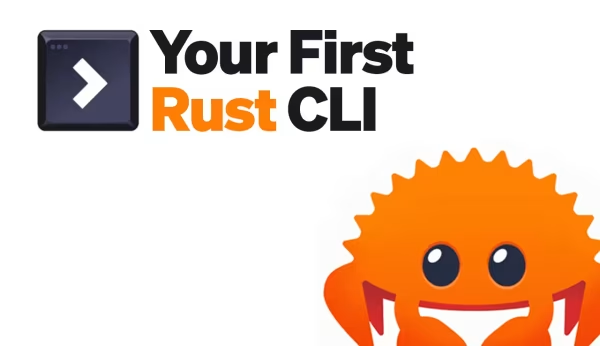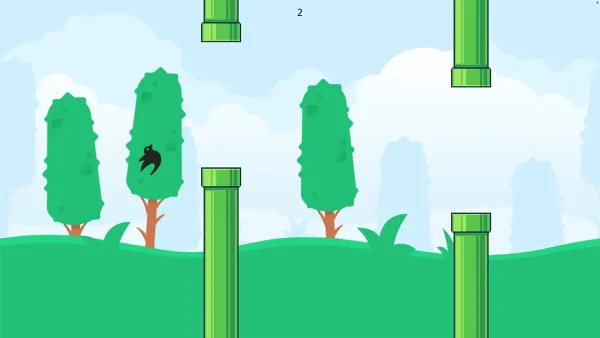Introducing Rust Adventure
Expand your possibilities with Rust
Rust's mission statement is to be a language empowering everyone to build reliable and efficient software.
It achieves this by being a language approachable enough for JavaScript developers and performant enough for C developers.
Rust can stay with you through building CLI tools, web APIs, operating systems, networking infrastructure, 2d and 3d graphics, video games, microcontrollers, and more.







